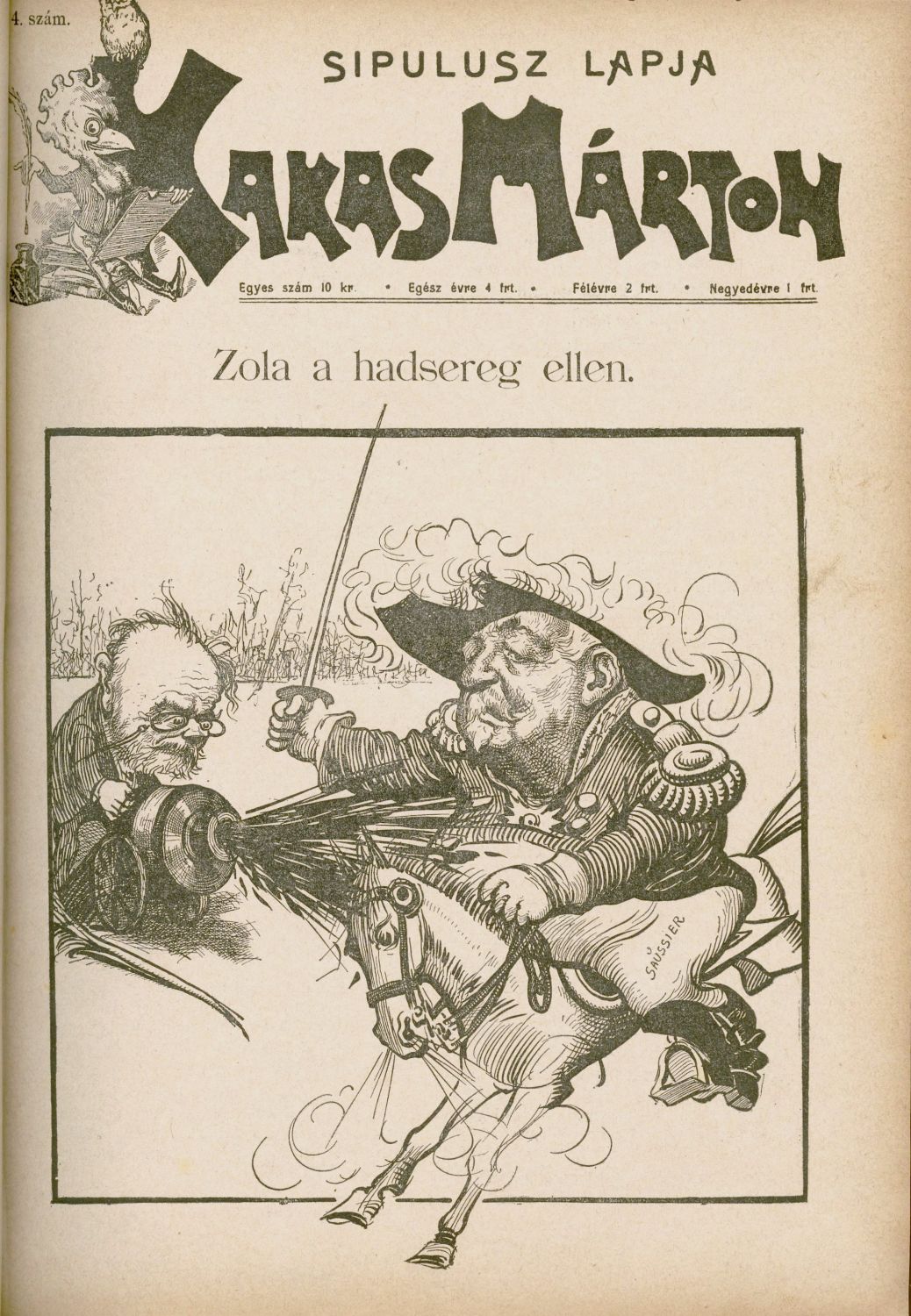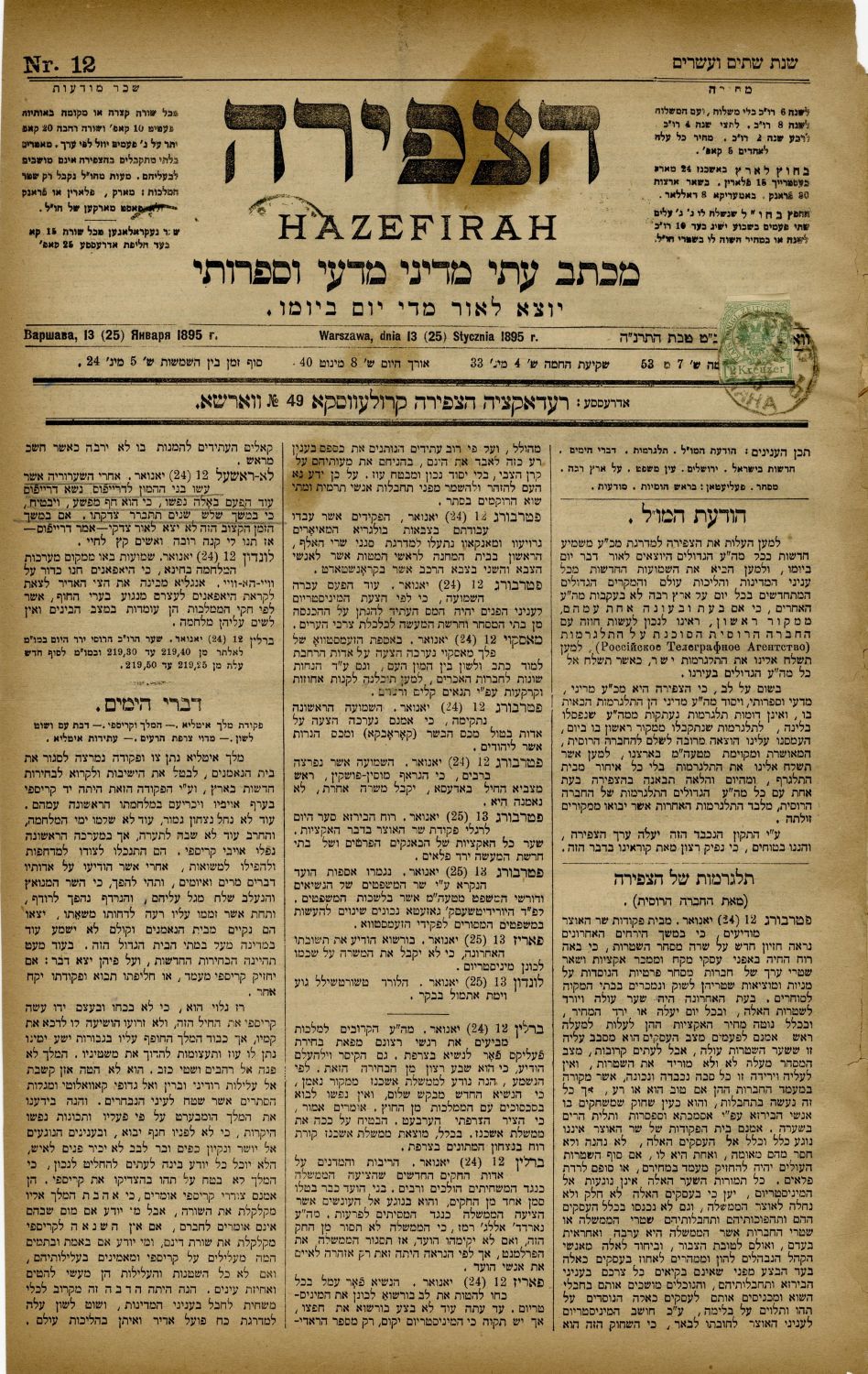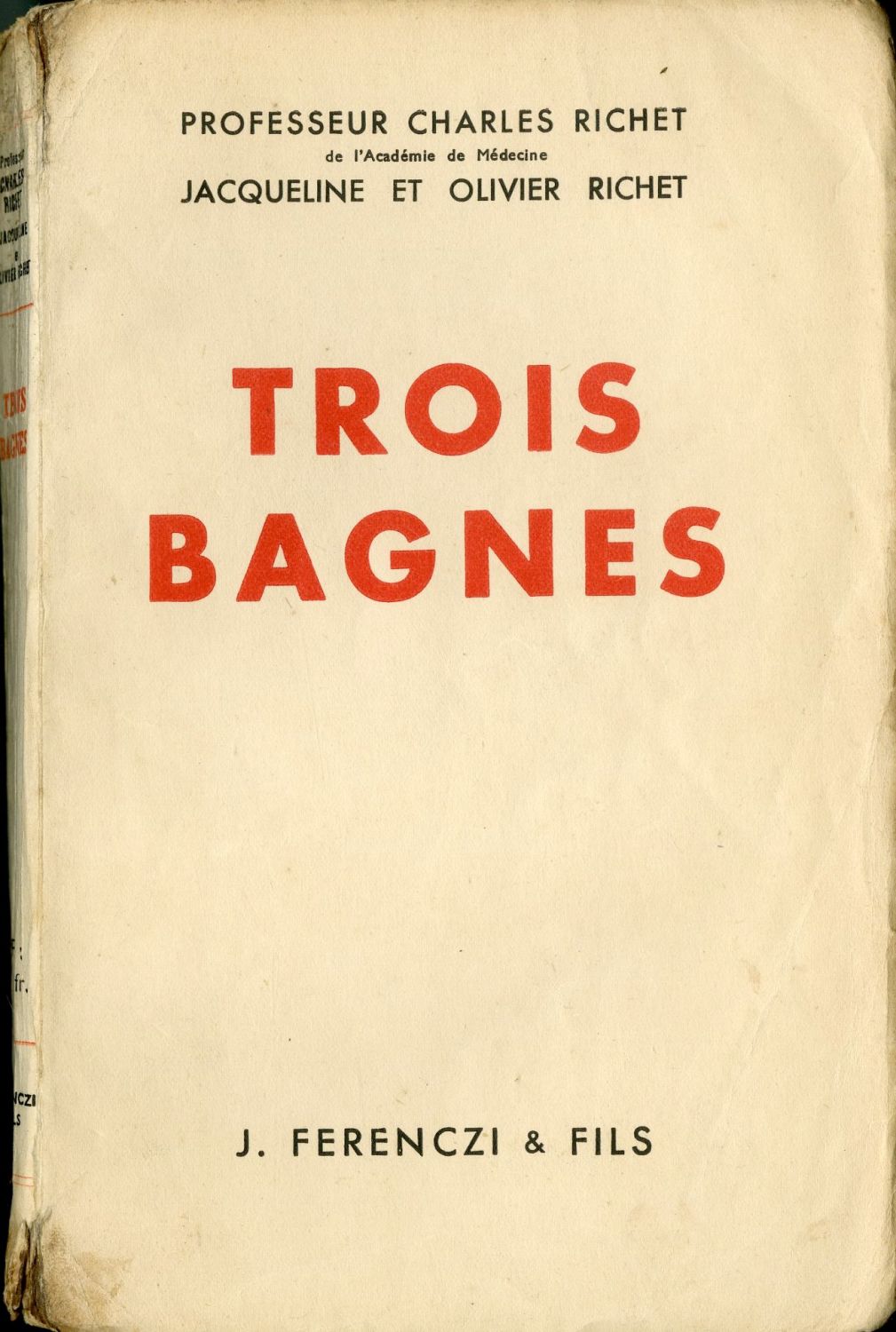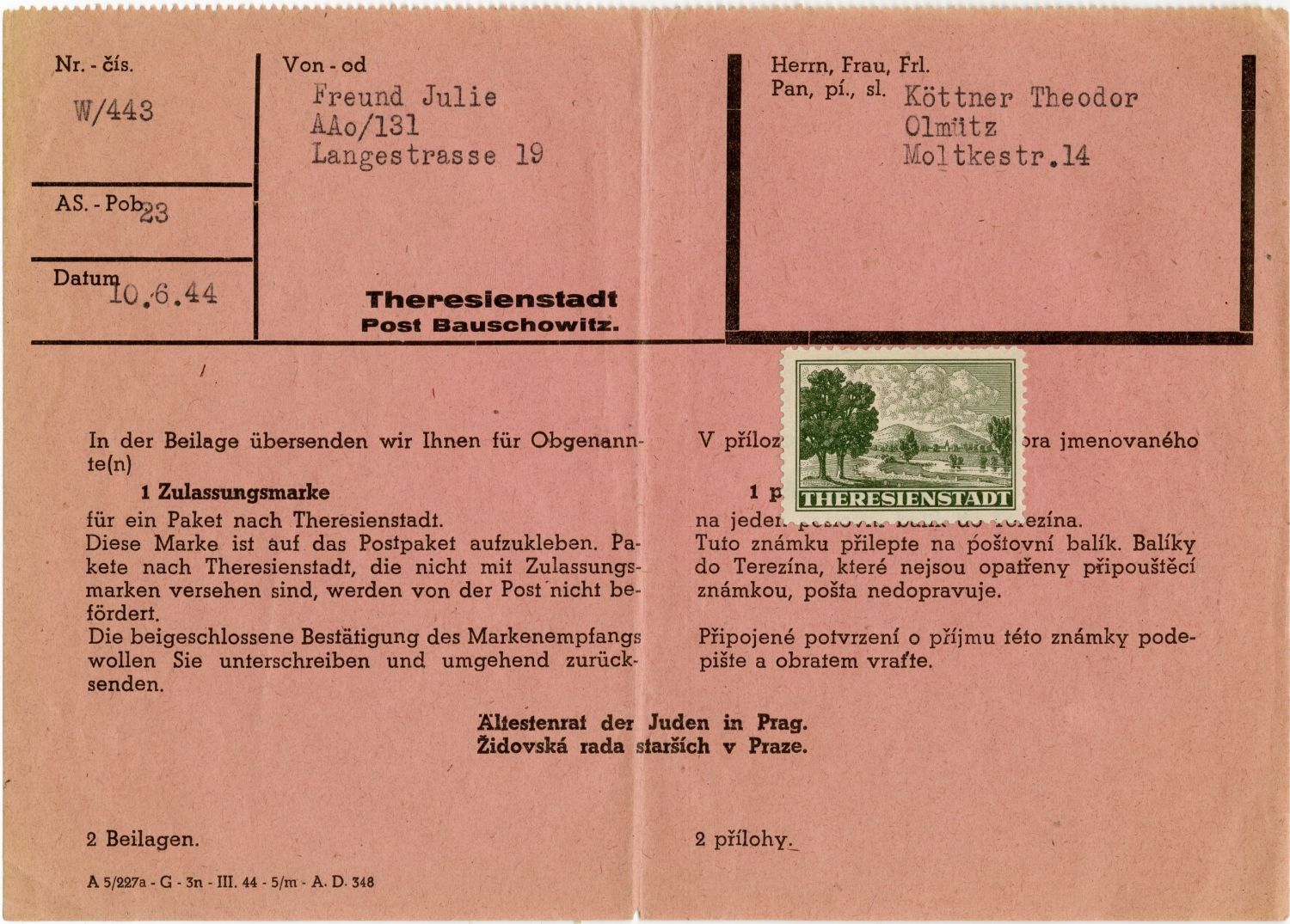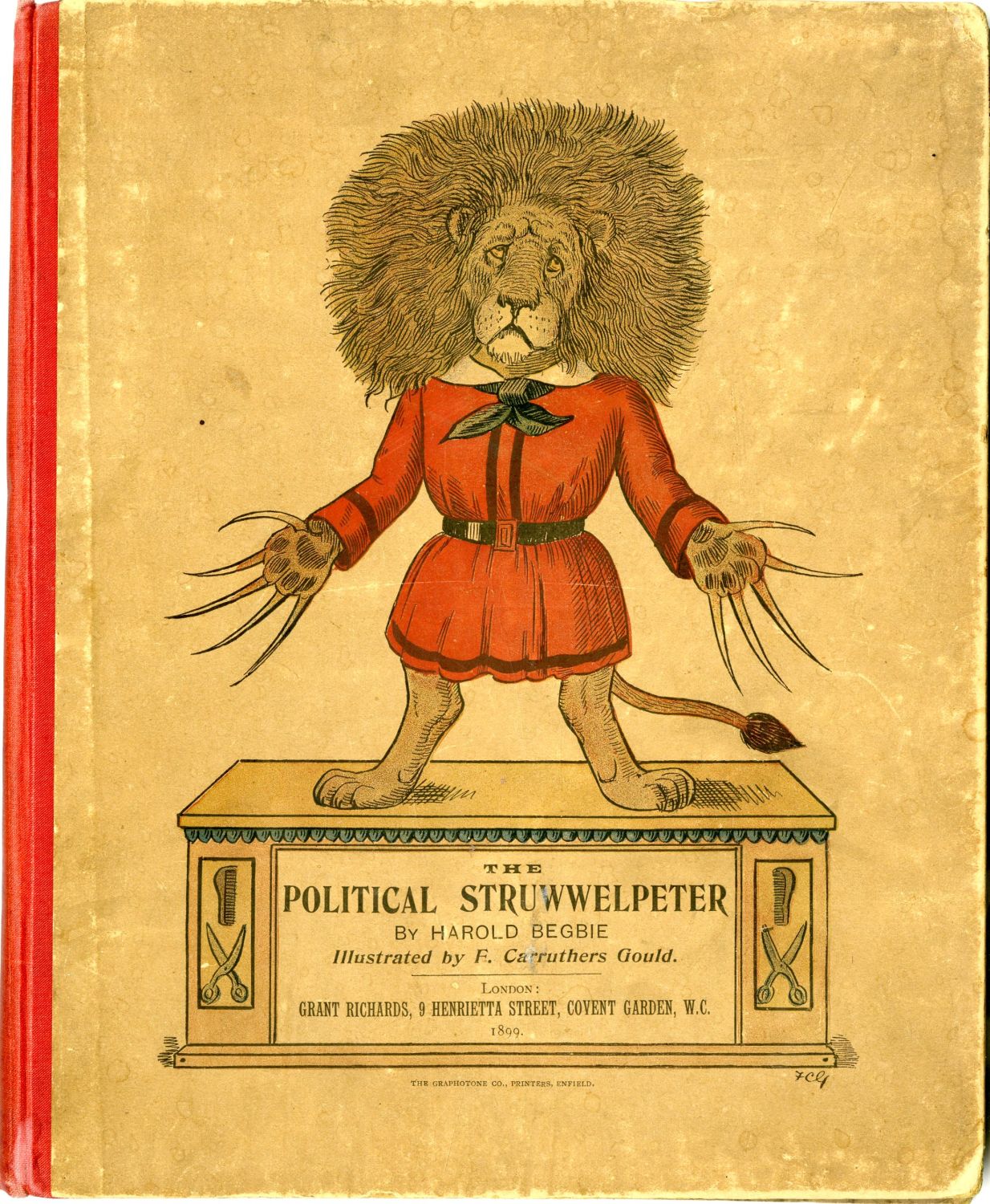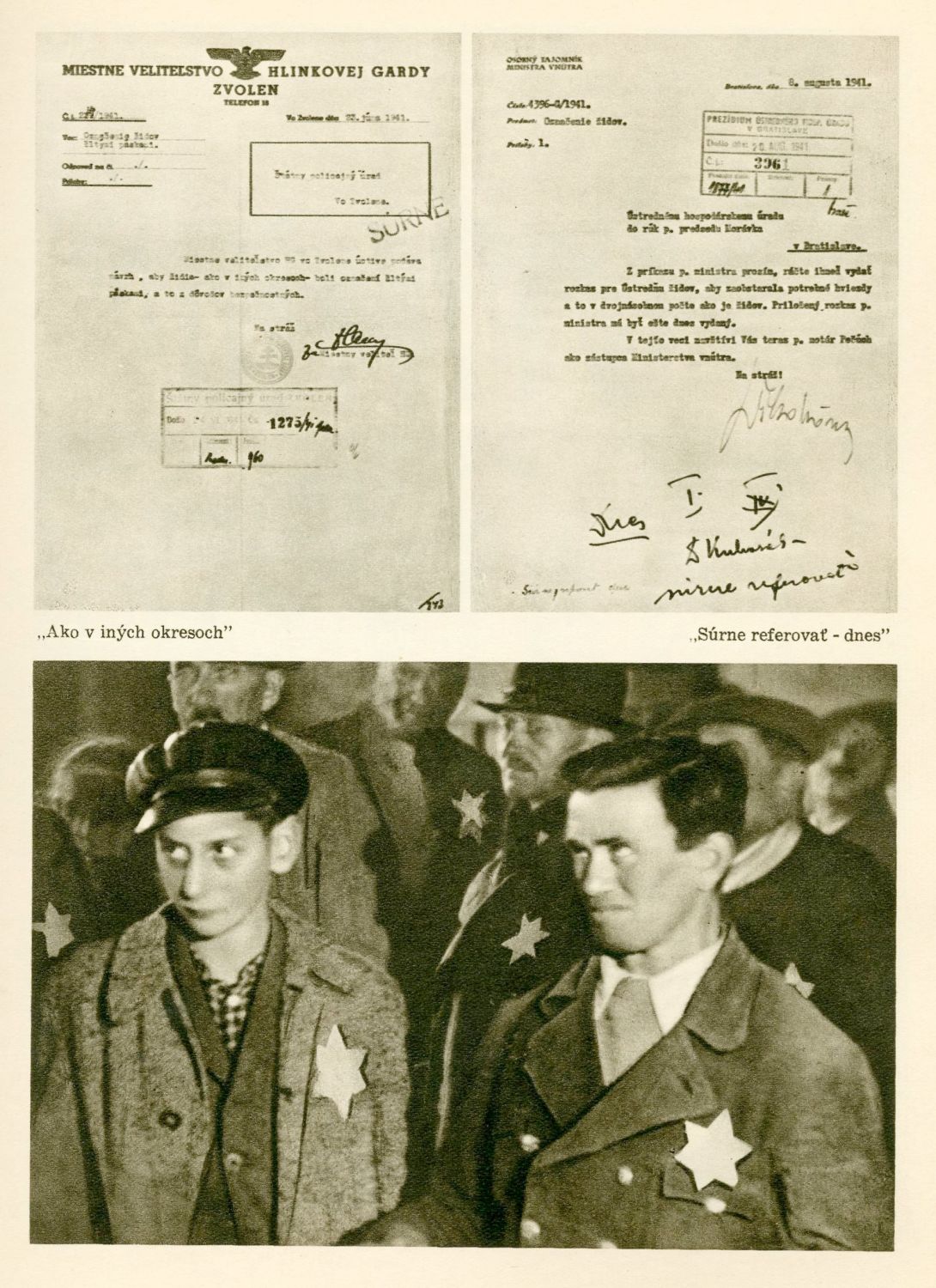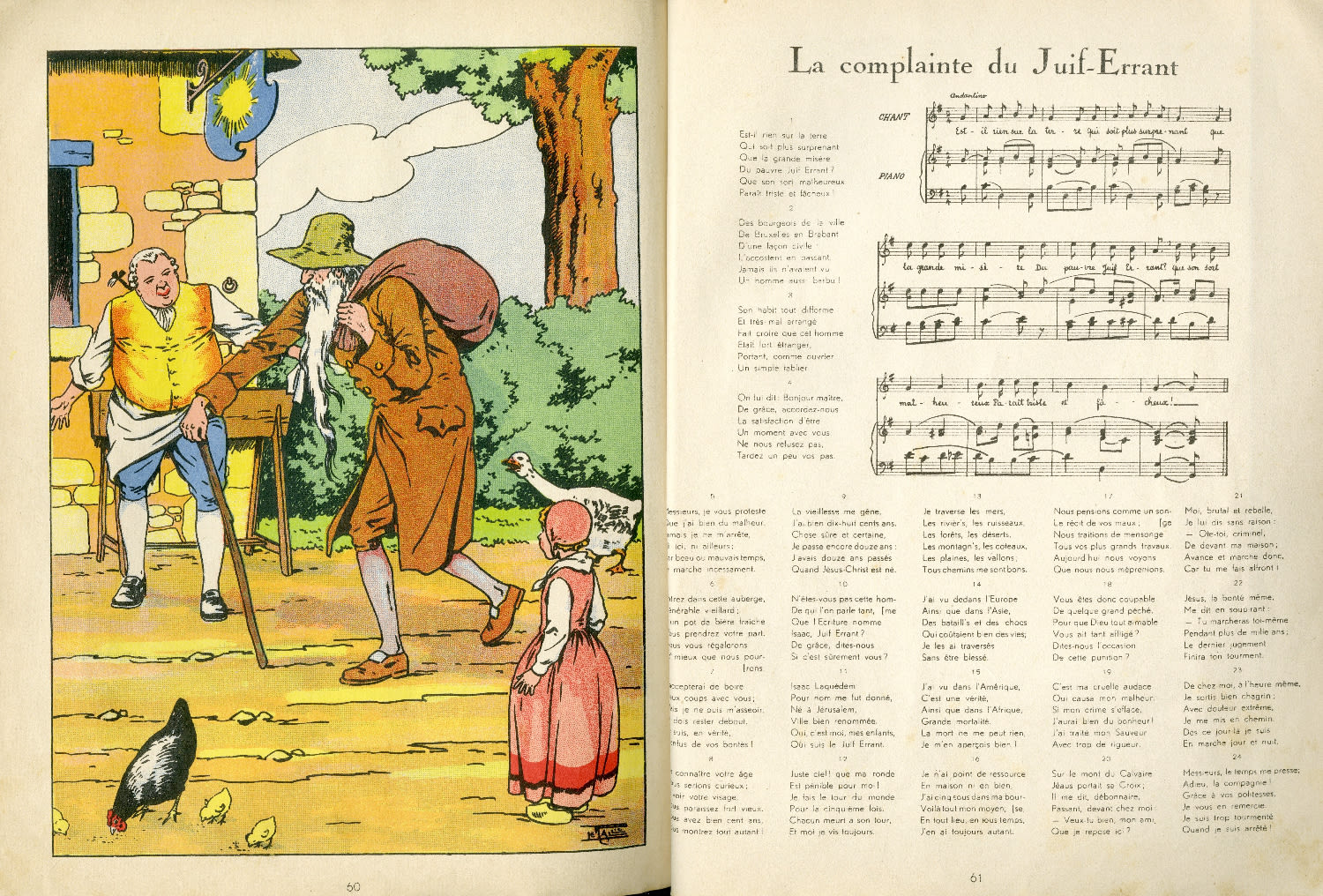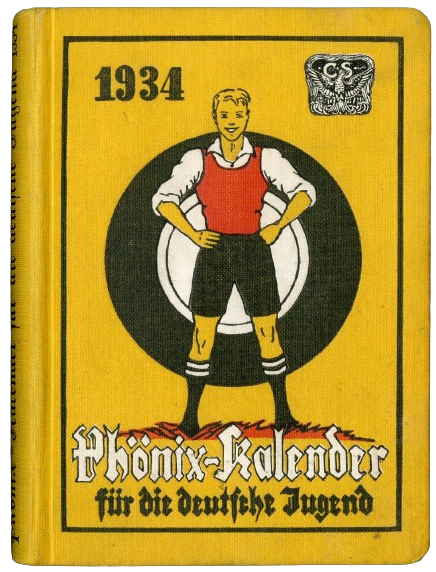14 letters sent by a prisoner named Cary Edouard who was in the Stalag 3 POW camp. The letters are addressed to his mother Cary Leontine and were written over a period of about 3 years between 1941-1944. The letters were written on official stationery of the camp, including an ink stamp of the various Stalag camps 3 A 15 and 3 A 16, and signed with a red ink stamp: "besetztes Gebiet" - "occupied territory", and dated. French.
In the letters, he describes his personal situation in the camp, repeatedly expresses his longing for his mother, asks her to send him various packages, and he very interested in details about the end of the war.
During World War II, Nazi Germany sought to maintain a semblance of international law, and therefore designated camps were established for prisoners of war from the Allied armies from Western countries called Stalag (StaLag, short for Stammlager - a main camp that has sub-camps). According to the Third Geneva Convention of 1929, these camps were intended only for prisoners of war, not civilians. Russian and Polish prisoners of war were often sent from Stalag to concentration camps, including Auschwitz. Starvation was a deliberate policy in the Stalags, especially in regards to Soviet prisoners of war. The camps included a field surrounded by barbed wire, where thousands of people were crammed in, where there was usually no place to sit or lie down. Also, there was often no shelter from the very cold weather in the Polish and Belarusian winters. The food provided was too little to keep the prisoners alive. Prisoners of different nationalities were usually separated from each other by barbed wire fences that divided each Stalag into a nation separately. In each Stalag, the German army established sub-camps called Arbeitskommando to hold prisoners near specific places of work, whether factories, coal mines, quarries, farms, or railway maintenance, where they were employed most of the day in forced labor.
The content of the letters has not been inspected checked by us.
[14] Letters. Very good condition.



